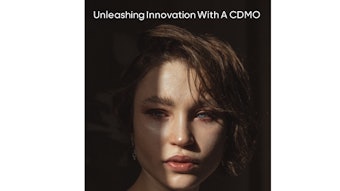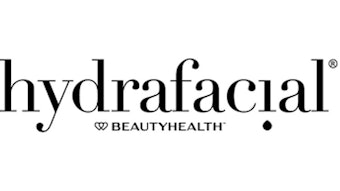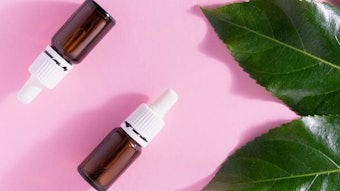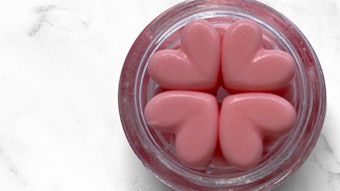
Sixty-eight percent of consumers are expecting more transparency from beauty and personal care companies than they did 5 years ago.
A recent report from market research company, Pure Branding, titled "The ROI of Transparency," revealed insights on consumer beliefs, attitudes and behaviors about company transparency.
Specifically for the personal care industry, the report stated:
- Twenty-one percent of study participants chose the personal care industry as most transparent, ranking third behind technology companies and food & beverage companies;
- Forty-three percent rated personal care companies as extremely or very transparent. According to Pure Branding, this leaves significant room for improvement;
- Sixty percent said there was a strong perceived relationship between personal care transparency and quality; and
- Sixty-three percent of personal care users agree at some level that more transparent personal care companies are offering higher quality products than their competitors.
The report found that millennials are most likely to:
- Link transparency with trust;
- Be open to paying more for personal care products sold by transparent companies, but slightly less convinced than Gen X;
- Look for transparent personal care products in stores or make it their top purchase choice;
- Have the most diverse expectations regarding transparency; and
- Be wary of personal care companies that make mistakes a habit.
Global Cosmetic Industry caught up with Peter Littell, research and marketing director at Pure Branding, to discuss how brands can become more transparent, what is spurring consumers' transparency expectations and the positive outcomes of being honest with consumers.
Global Cosmetic Industry (GCI): In your opinion, how can beauty and personal care companies become more transparent? i.e., labels on product packaging? Social media? Overall branding? Etc.
Peter Littell (PL): Those consumers who are interested in the transparency of their beauty and personal care companies are not looking for superficial transparency. Most important to them is how the products are made. While ingredient labeling is critical to 48% of all consumers, the consumers who most value transparency are looking more closely at standards on safety, animal testing standards, ingredient sourcing and impact on the environment. Since the personal care consumer is savvier now, those who value transparency want to see the science behind the product claims. And is it worth it for a company to become more transparent? The more they value transparency, the more likely they will pay more for it. Of all consumers who responded 75% either agreed or strongly agreed that they would pay more to purchase from a personal care company that was transparent in the practices, I’ve just mentioned. Once a company has implemented transparency into the desired practices, then they can promote it through social media and integrate it with their branding.
GCI: The report, The ROI of Transparency, found that 68% of consumers are expecting more transparency from beauty and personal care companies than they did 5 years ago. What is spurring these expectations? Why now?
PL: There is a general trending toward wanting more transparency in all industries, not just personal care. This is especially true with health and wellness industries like food and beverage, and supplements. The other reason is that those who value transparency are more concerned than others about superior quality and trust in a personal care brand. They are also less concerned about price. So when consumers want to trust in something, and the price is not a barrier and they are willing to pay more for that trust, then transparency is a critical component.
GCI: What insights can you share with companies looking to become more transparent? What are the positive and negative outcomes they can expect?
PL: Not becoming more transparent has downsides while becoming more transparent has only upsides. Even if a company has to admit to a past mistake, the data shows that can have a positive outcome. But here is the reason companies need to become more transparent. 22% of consumers said that if they thought a personal care company is transparent, the products of this company would be their first choice. If you are not transparent, you’re giving a 22% head start to any competitor that is deemed transparent. In the highly competitive beauty and personal care market, why would you want to be handicapped by 22%?











